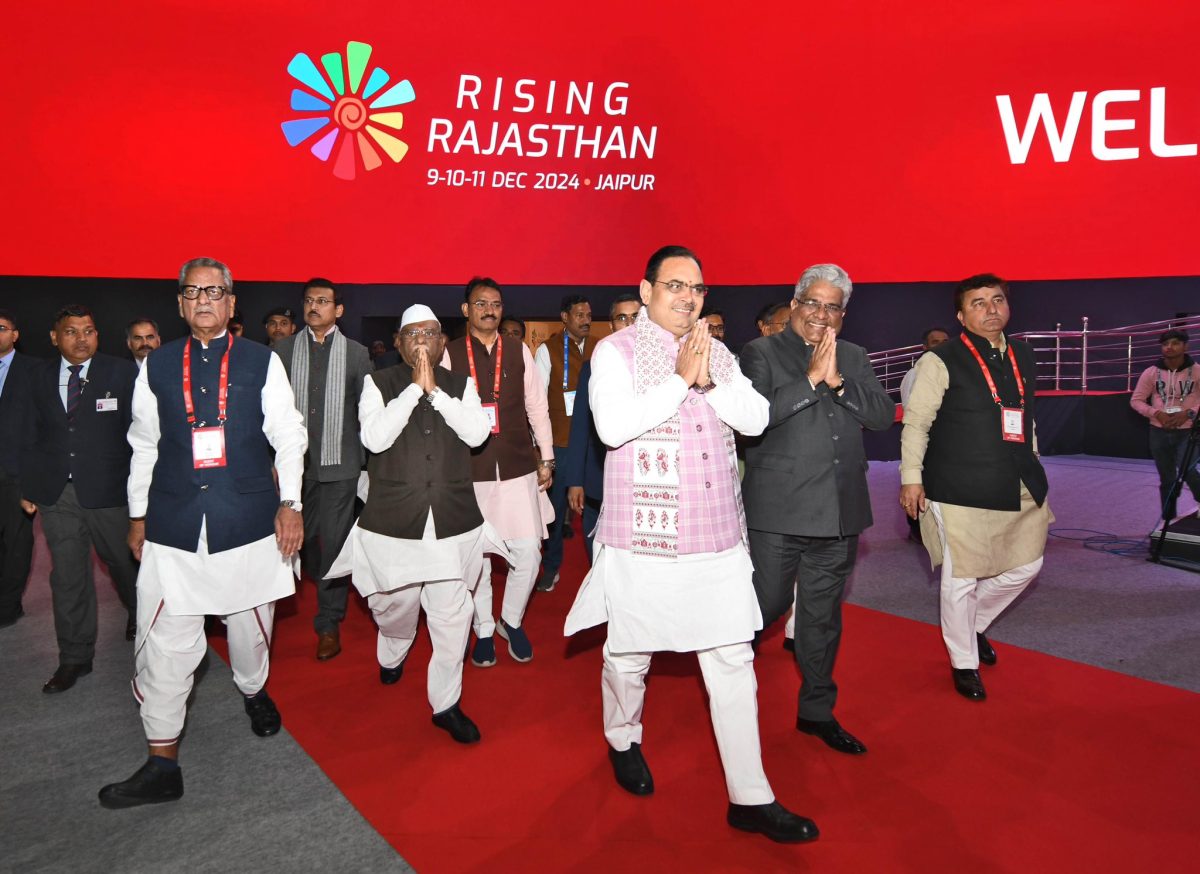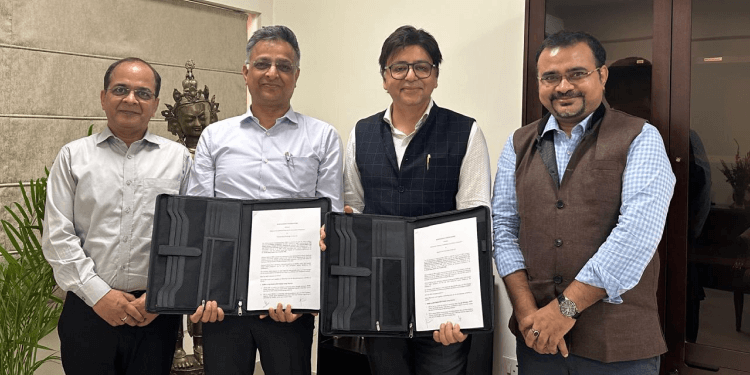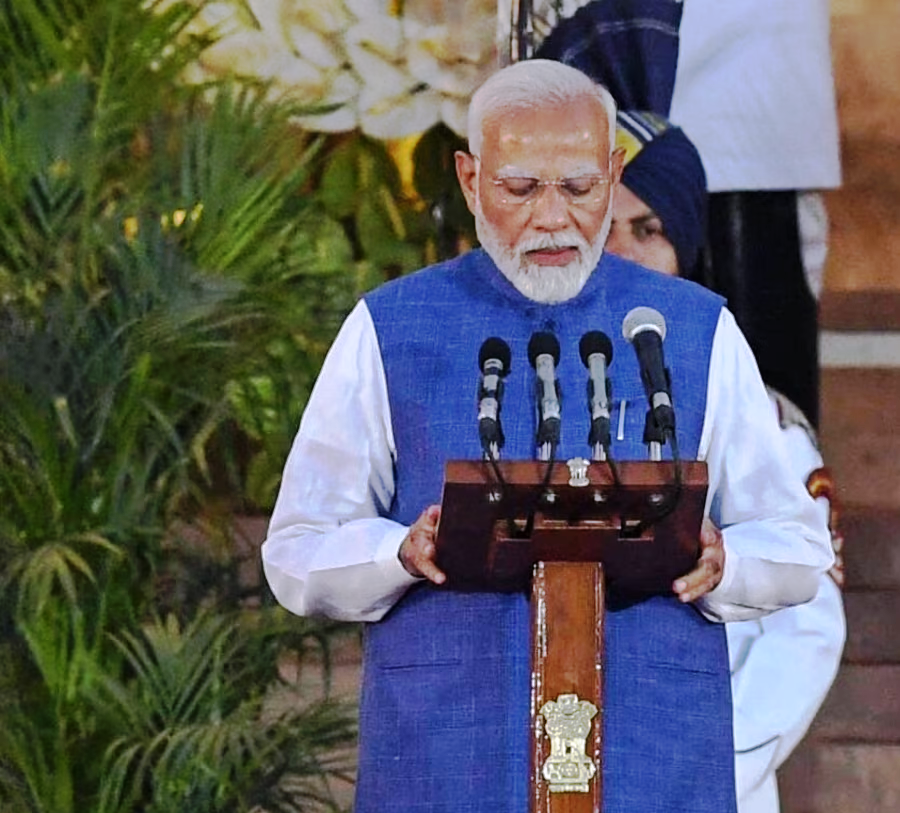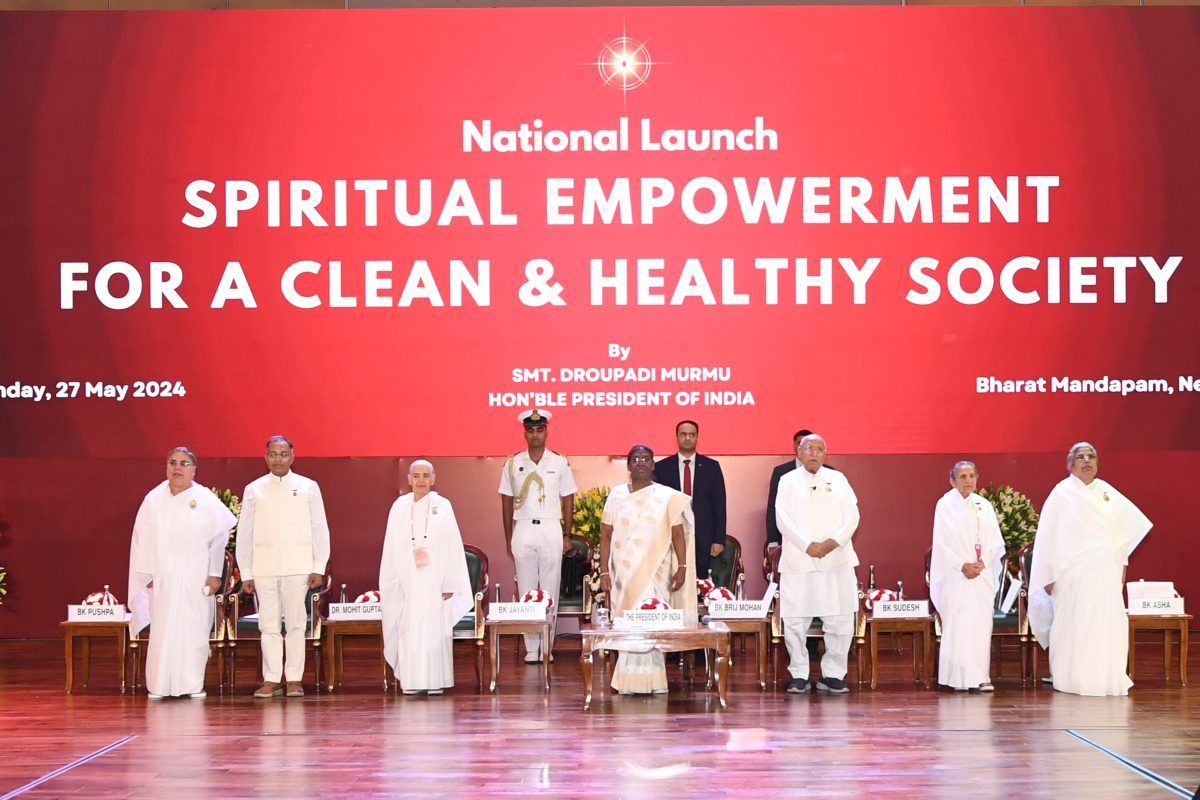No Projects Cleared In Last 15 Mths: Credai-Rajasthan

No Projects Cleared In Last 15 Mths: Credai-Rajasthan
The Round Table debate on ‘Housing For All By 2022’organised by CREDAI-Rajasthan along with Business Rankers dwelt on the opportunities and challenges in the housing sector. But the real message driven home was that the government at the Centre and state need to smoothen the regulatory environment without which the dream of Prime Minister Narendra Modi will be difficult to be fulfilled.
Chairing the session at the Round Table, Anurag Sharma, president of CREDAI-Rajasthan said the developers are ready for the task but the government needs to do its part to achieve ‘Housing for all by 2022’.
He flagged the issue of delay in obtaining government approvals to set up projects. Sharma said the clearance process starting from land acquisition to building plan approval takes years together. “The inordinate delay is not only hurting the growth of the real estate industry but also making houses costlier,” added Sharma.
He said that the tedious process of getting approvals and the delay is increasing the cost of the houses by 30-35% and this could pose a serious challenge in delivering affordable houses.
The Round Table also threw light on one of the pressing issues of pending files with the government. In the last 15 months, there has been no clearance of projects pending with the JDA. While the lack of timely approval is increasing the property prices, the state government is also losing big time on revenues.
“The industry has been demanding a single-window clearance facility for realty projects for long time. But no significant attempt has been made in this regard. Delay is hurting everybody, the consumer, the builder and the government which loses additional tax revenues,” said Sharma.
Currently, the real estate industry pays taxes to both Central and state government and the total tax outgo ranges between 30-38%. Pending projects only dries up such revenue hurting the general economy.
Ajay Modi, director at the well-known Okay Plus group, said there needs to be an advisory body represented by relevant stakeholders like the one adopted by West Bengal. The body is being headed by an additional chief secretary and represented by members from real estate sector and other related departments and bodies. “Such a mechanism can eliminate a lot of procedural delays and strengthen the regulatory environment in the real estate sector. The Rajasthan government needs to think about this,” added Modi.
The lengthy and stringent approval process has given rise to illegal construction. Small developers without adequate funding power cannot wait for too long to start a project. They often resort to palm greasing and in the process get approvals for construction that violates a lot of building norms.
Sharma said since the big developers have the staying power, they wait for the process to be completed in a fair manner which is not the case with small developers who get approvals even for illegal construction.
This has led to a situation of developers with fair practices fighting their peers who indulge in illegal construction.
Modi said if the government is keen to fulfill the dream of Prime Minister Narendra Modi then the state government needs to look at the critical issue of construction cost offered by the state to the builders.
“If the government wants to encourage the development of affordable housing, it has to increase the construction cost it offers to developers. Not many builders are coming forward given the prevailing low construction costs of Rs 750,” added Modi.
Environmental clearance has been a bug-bearer. Developers see it as a potential hurdle for getting projects off the ground. They also feel that in many cases, the requirement is irrelevant but still they need to have clearances. For example, in the urban pockets, the threat to environment is minimal but they still have to go through the rigor.
Nikhil Madam, director at Mahima Group, said that a strategy of area-wise demarcations is required. “Those areas that can be exempted from meeting the environment clearance requirement should be freed. This will cut lot of red-tapism and fast-track project approvals,” added Madan.
He said the planning is already there for the development of outskirts of the city but implementation is missing.
Sharma emphasized on the concept of special real estate zone (SRZ). If the concept is given policy backing, he said SRZs will play a crucial role in providing housing to needy masses at lower costs.
He also underlined the significance of infrastructure status to the industry.
“If the sector is accorded infrastructure status, funding for the projects will be easier. Today, high cost of project funding is having an upward pressure on property prices. The infrastructure status will provide some funding comfort to the industry which is battling high raw material costs,” added Sharma.





